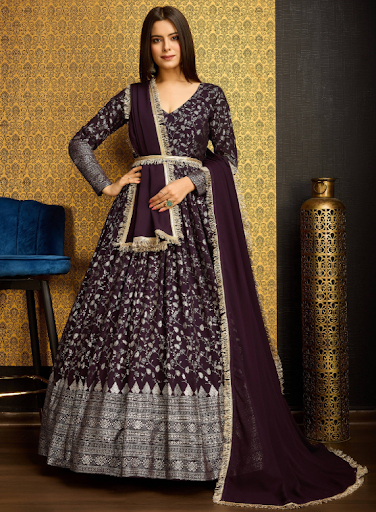Fashion has continued to evolve in recent years, resulting in an increasing number of designers and consumers adopting sustainable practices. As sustainability has been brought to the forefront, innovative fabric choices and ethical design principles are emerging that are conscious of both style and environment. The article explores three sustainable fabric choices and ethical design trends affecting fashion in 2024.
Organic Cotton:
Sustainable fashion continues emphasizing organic cotton, which is gaining even greater prominence. Organic cotton is a natural fiber that is grown without synthetic pesticides and fertilizers, making it environmentally friendly and minimizing harm to ecosystems. As well as its ecologically friendly cultivation, organic cotton is biodegradable, reducing textile waste.
Ethical Designs:
Organic cotton has been incorporated into various styles, including casual wear and high-end fashion, by designers. The fashion industry is striving to develop versatile and timeless pieces that will endure changing trends to promote a more circular fashion economy as well as a sustainable economy. A growing trend is to invest in quality over quantity and reduce the impact of fast fashion by choosing minimalist designs, classic silhouettes, and capsule collections.
Tencel/Lyocell:
Tencel, also known as Lyocell, is a sustainable fabric derived from wood pulp that is derived from eucalyptus trees. In addition to ensuring minimal waste and reuse of solvents, Tencel utilizes a closed-loop production process, making it an eco-friendly choice. A variety of clothing items can be made with Tencel because of its softness, breeziness, and moisture-wicking properties.

Ethical Designs:
Designers are embracing Tencel as a versatile fabric to create comfortable and stylish garments. The fabric's drape and sheen lend it well to flowing dresses, elegant blouses, and even activewear. A key component of ethical design is creating multifunctional pieces that can be easily styled for multiple occasions, encouraging a more sustainable and conscious approach to wardrobe selections. The use of Tencel in athleisure wear is further aligned with the growing demand for sustainable fabrics in the booming market for activewear.
Recycled Polyester:
The environmental impact of traditional polyester is resulting in the increasing use of recycled polyester as a sustainable alternative. The fabric is made from recycled plastic bottles, thereby reducing the need for new raw materials and diverting plastic waste away from landfills. Polyester recycling has evolved to become more energy-efficient, further reducing its ecological footprint.
Ethical Designs:
Fashion designers are incorporating recycled polyester into a variety of fashion items, from outerwear to accessories, due to its versatility. The material can be used in the production of stylish and durable items that meet the performance needs of today's consumers. Choosing recycled polyester over traditional alternatives has a positive environmental impact, which is highlighted by transparent labeling, educating consumers about the origins of the material, and emphasizing the positive environmental impact. Designers promote closed-loop systems and recycling initiatives as a means of contributing to a more circular and sustainable fashion industry.
Conclusion:
Zeel Clothing is evolving its fabric and design principles in order to meet the needs of conscious consumers as sustainability takes center stage in the fashion industry. Among the sustainable fabrics shaping fashion in 2024 are organic cotton, Tencel/Lyocell, and recycled polyester. Creating ethical designs aims to create pieces that are timeless and versatile and will help reduce the fashion industry's environmental impact. Consumers are becoming increasingly eco-conscious and informed, resulting in a trend towards sustainable fashion that is likely to continue for the foreseeable future, fostering a positive impact on the environment as well as on the fashion industry as a whole.






